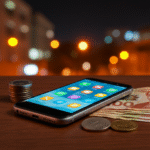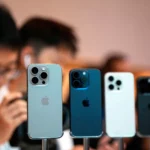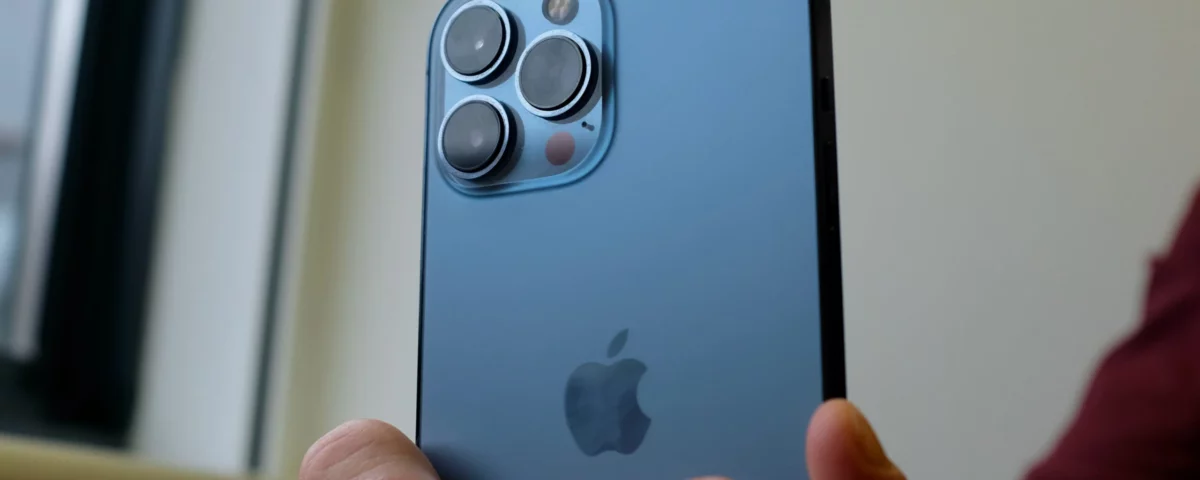


How to Get the Best Price for Your iPhone in Brampton
November 18, 2025


iPhone 16: The Next Frontier in Innovation with Apple Intelligence
November 25, 2025Buying an iPhone these days can sometimes feel like entering a bubble of privacy and security. There’s Apple, with what feels like an oasis to make sure that your personal information is protected from prying eyes through marketing ads, with nice-sounding slogans such as “What happens on your iPhone, stays on your iPhone.” But in reality, things are more nuanced, and that feeling of security is highly misleading.
The Illusion of Complete Privacy
The iPhone gives many people the idea that this is the device where their data will be essentially inaccessible to people or parties that should not have access to it. It can also be said that, when compared to most tech giants, Apple is more focused on privacy, with the case of end-to-end encryption between iMessages and FaceTime already notable examples of this. The reality, however, is that complete privacy may be a thing of the past in this digital age. Even the most secure devices are always vulnerable to one form of threat or another.
Knowing how to collect data
One of the ways privacy can slip through the cracks is by data collection. Apple does collect user information, but not quite so aggressively compared to some competitors. All the same, location, how you use an app, and other interactions can be collected for analytics and advertising. According to Apple, the data is anonymized, but when this information is put together, it builds a relatively sophisticated profile on who you are.
Think about apps you download. While many people trust the App Store at Apple, remember that not every app has the same regard for privacy. A picture-editing app might request access to your camera, location, and contacts—much more information than you’d really want anyone to have. Sometimes people click “Allow” instinctively, lured by the way an app suggests this will open up features.
iCloud is indeed great for the smooth synchronization across devices, but placing sensitive information in the cloud brings its own set of privacy risks. The moment someone gets unauthorized access to your iCloud account through phishing or guessing a poor password, your personal data is compromised. Although Apple does provide strong security features such as two-factor authentication, many users do tend to overlook the settings that would make them much more secure.
Location Tracking: The Double-Edged Sword
Another point at which privacy can be failed is in location tracking. As useful as features like “Find My iPhone” may be, this also means your location can be tracked at any time, even if you are not actively using location services. Many apps continuously collect this information, and it may easily fall into the hands of third parties. Of course, one can turn off location settings, but very often convenience wins out, and users leave these features on and thus expose themselves more than they realize.
Read Also: Which Phone OS Really Is the Best
The Government Factor
Despite claims by Apple of privacy, the company is not totally insulated from requests by government agencies to access user data. Over time, various agencies have asked Apple for user information. While Apple does sometimes resist overreach, it ultimately still needs to abide by different laws around the world. A very important question then becomes: How much can we really trust any company looking out for our data when government agencies come knocking?
The Ecosystem Trap
Apple’s ecosystem can also complicate the privacy landscape. Using multiple devices from Apple creates an interconnected experience, true enough. At the same time, it allows your data to flow freely between the devices. If one falls, others will be compromised too.
Default Settings: A Privacy Minefield
Most of the time, when setting up an iPhone for the very first time, most people just don’t give much heed to their privacy settings. Most default settings within the app are not set in your favor. Sometimes the “Allow Apps to Track” option is on by default on most of the apps, which allows tracking and sharing of your data without even letting you know. The review of such settings would help users reclaim some control over their information.
Conclusion: Staying Alert
While the iPhone does provide quite a few impressive features for privacy, there is an underlying fallacy to consider regarding its concept as a private device. Thus, users have to stay aware of what they leave as digital footprints and take control of information about them more actively. Checking permissions in apps, getting careful about what goes into iCloud, and location tracking will protect your privacy.
Privacy has become something which, with the advancement of technology, is not in the hands of device manufacturers. It is also very significant to have knowledge and be actively involved in this complex world of digital privacy. While an iPhone may promise some security, it is only when you fully recognize privacy as a deeply complicated job that you will truly be equipped with the ability to make informed decisions in this connected world.

